Reverend Langley walked from his St Mary’s vicarage to an unfamiliar address in Elsternwick
Reverend Langley walked from his St Mary’s vicarage to an unfamiliar address in Elsternwick. He opened the picket-fence gate, walked up the path, and knocked on the door.
Widow Mary Reid answered. Langley guided Mary into a room, sat her down, and shared the ‘sad tidings’ that her son Lindsay had died on Gallipoli. Reverend Langley offered Mary words of comfort, but she would have no memory of them, and would not recall how long he stayed or when he left.
The news of Lindsay’s death overwhelmed Mary. Everything seemed swept away by the hand of fate. She struggled to comprehend how, in her declining years, she would cope without Lindsay’s much-needed financial support.
In Mary’s grief she drew the curtains and took to bed. Reverend Langley attempted to nurse Mary through her grief with soon-to-be familiar rhetoric about a noble sacrifice. Mary understood that Victorian sensibilities meant that displays of emotion in public were frowned upon.
Mary sent a letter to the ‘military authorities’ that explained her dilemma: ‘I depended upon my poor boy to support me during my declining years — am I not entitled to a pension?’
Mary duly applied for a pension. After months of silence, the claims office advised Mary that her application had been rejected because an investigation showed ‘the claimant was not dependent on the deceased soldier’.
In her last letter to Base Records, in 1932, 82-year-old Mary sought financial support for her growing medical needs. Base Records curtly advised that her request had been passed on to another department, ‘who will no doubt communicate with you in due course’.
Mary died in 1942.
The Garden of the Grieving Mother in Ballarat commemorates the grieved, like Mary, who lost loved ones during the war.
Like my posts? Then take a sneak preview at my soon-to-be-released novel, ‘Night in Passchendaele’.
https://www.panmacmillan.com.au/9781761265976/night-in-passchendaele/
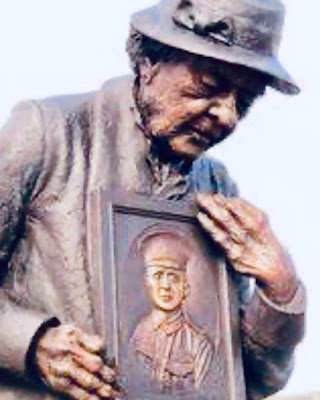

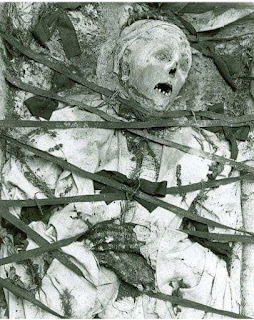
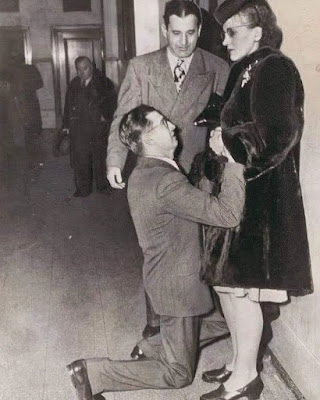
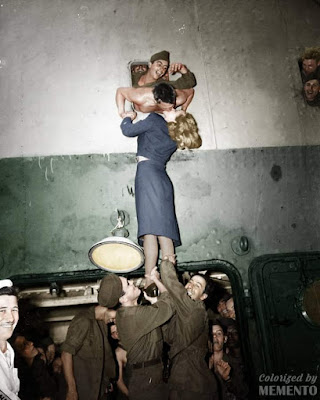



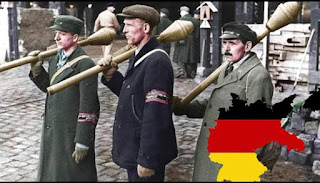
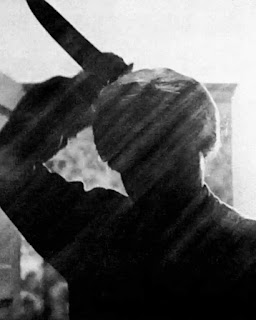

Comments
Post a Comment